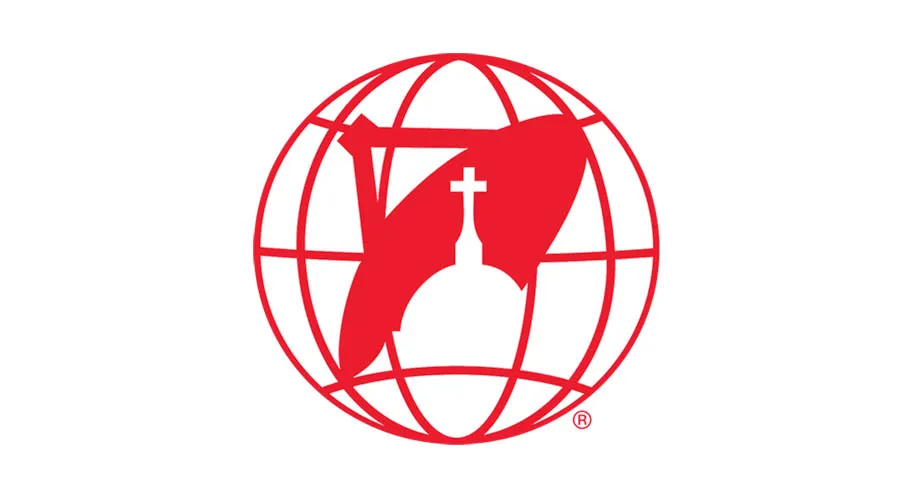Vatican, 22 September, 2022 / 8:30 pm (ACI Africa).
Pope Francis has encouraged financial advisers and consultants to make decisions that put the good of individuals and communities before that of businesses.
The pope spoke about the role of integral human development in the financial sector during a Sept. 22 meeting at the Vatican with consultants for Deloitte, a global auditing firm.
Deloitte provides services including auditing, consulting, financial advising, and risk advisory to nearly 90% of the Fortune Global 500® companies and thousands of other private companies. It employs approximately 350,000 people around the world.
During his encounter with the firm, Pope Francis suggested three ways financial professionals can make the world more humane, just, and fraternal.
The first was to be aware of the power they hold and the ways they can encourage the entrepreneurs, bankers, managers, and public administrators they advise to make decisions that will have a positive impact and grow integral human development.
The pope’s second suggestion was that the financial professionals fulfill their responsibility by ensuring adequate professional, anthropological, and ethical standards “consistent with an evangelical vision of the economy and society; in other words, with Catholic social doctrine.”
To do this, he said, requires assessing both the direct and indirect effect of decisions and considering a decision’s impact on communities, people, and the environment before its impact on businesses.
Francis also encouraged Deloitte Global to enhance diversity, saying “entrepreneurial biodiversity” is “a guarantee of freedom of enterprise and freedom of choice for customers, consumers, savers, and investors” and “an indispensable condition of stability, equilibrium, and human prosperity.”
The pope drew attention to worsening environmental conditions and the undignified living conditions of many people who lack access to nutrition, health care, and education.
“While our human family is globalized and interconnected, poverty, injustice, and inequalities remain,” he said, pointing out that consultants and managers are in a position to if not reverse the situation, at least to help correct it.







